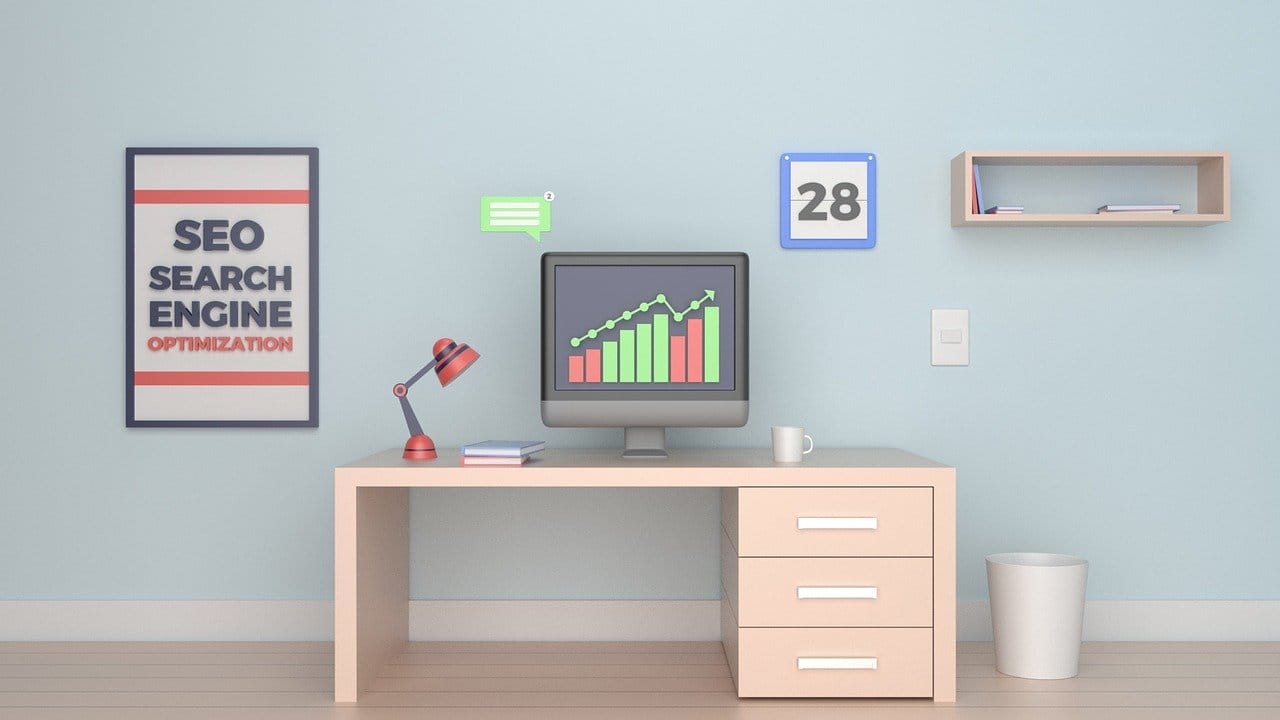The success of e-commerce relies on getting more traffic so that you can sell your products. However, you cannot achieve that without the proper SEO strategies in place, and here are some of the essential tactics.
What is E-commerce SEO?
In case you were wondering what E-commerce SEO is, it is the process of increasing the visibility of your online store or website on search engine results pages. If your site ranks highly on search engines, then there is a high likelihood for people to find your site when they conduct a search related to what your online store sells.
Therefore, it is imperative to optimize your website for SEO. And to do that, you need to employ specific techniques. The tactics you use have to focus on your site’s architecture, on-page SEO, and off-page SEO respectively. Here are some of the most useful techniques.
1) Keyword research
If you wish for your e-commerce page to rank high on search engines, then it is critical for you to conduct adequate research. Fortunately, you can rely on modern keyword research tools to help you find the most relevant keywords to your site. By using the most relevant keywords, you help users to find your online store much easier when they conduct an online search, increasing your website’s traffic and ranking.
You need to know that e-commerce keyword research involves much more than basic keyword research. How so? Well, e-commerce keywords need to focus more on phrases and or words that show the intent of buying. Using such keywords might help improve your online store’s performance by improving the conversion rate.
2) Site structure
Another vital thing that you should concern yourself with is the website architecture. Your site’s architecture includes the applications installed on your server, the e-commerce web hosting server, add-ons, and plugins. They ensure that your website runs smoothly.
E-commerce website owners or developers are advised to keep the site structure simple so that users can easily navigate your site. For e-commerce websites, it should not take a user more than three clicks to get to your product(s). Anything more than that makes the user journey complex.
3) Improve page speed
Another essential SEO tactic for your e-commerce website is boosting the page speed. Google’s algorithm considers page speed as one of the critical factors when it comes to ranking websites; therefore, you need to optimize on page load speed if you wish to rank higher than your competitors.
Furthermore, nobody wants to spend five minutes of their time waiting for a page to load. That’s disappointing. You should optimize your e-commerce product pages to load in a matter of seconds. It will help improve your e-commerce store’s rankings, and you can confirm that using a website ranking checker.
4) Optimize your URLs
Another way to make sure that your e-commerce store ranks high on search engines is through optimizing your URLs. For starters, you must ensure that your URLs are easy to read. They should contain words instead of random numbers to increase accessibility.
Additionally, you should include your main keywords in the URLs if you want optimal ranking. Doing so helps search engines find your content much easier. However, you should refrain from keyword stuffing as that might lead you to get penalized by Google. You can also optimize your URLs by keeping them short. It is recommended to keep them below 70 characters.
5) Utilize Latent Semantic Indexing (LSI) keywords
LSI keywords can play a huge role in boosting your e-commerce store’s rankings. But first, you have to understand what LSI keywords are. They are words or phrases that are closely related to your most relevant keyword. How are they effective? When people are conducting an online search, they will not type a specific thing, but they’ll type words that are related to a particular product. Therefore, using LSI keywords helps to increase your visibility, which boosts your page ranking.
6) Product page descriptions
If you want your page to rank at the top of the first page of search engines, then it is imperative for you to put a critical focus on product page descriptions. As much as there aren’t any stipulated ruled on how to optimize your product descriptions for search engines, you have to consider a couple of things. They help e-commerce websites.
If you have high-selling products, then you need to keep your product descriptions over a thousand words. Product descriptions for regular products, however, should range from 300 to 800 words. You should also ensure to put the important features of a product on a noticeable place within the product page. It is also advisable to add internal links.
7) Blogger outreach
Another effective way to boost the rankings of your online store is by connecting with bloggers that post content that is related to the product that you are selling. You can request the bloggers to add your promotions to their blog posts. It helps increase your visibility. You could also request for guest posts to help reach a wider audience.
8) Conduct competitor research
If you don’t know how to go about optimizing your e-commerce store, then you should start by conducting competitor research. Your competitors can serve as a perfect basis to show you how to go about the process, and some of the strategies to implement to boost your rankings. You should check how your competitors use keywords, plus some of the tactics they use to make sure they attain high SEO rankings.
